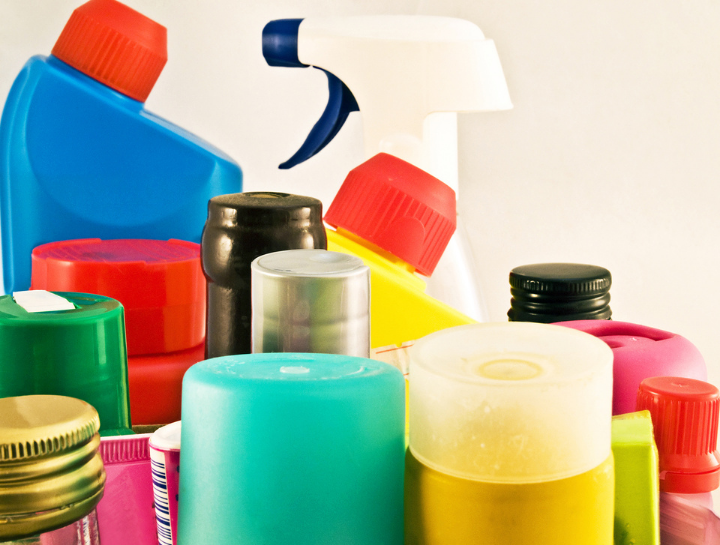Pet Poisoning Dangers Lurk Where You Least Expect Them

We all know that pets will get into pretty much everything, and “pet proofing” our homes is a must when it comes to preventing accidental pet poisonings.
Making sure leftover food is put away, the garbage can is closed, and antifreeze spills are cleaned up are no-brainers, but securing the contents of the medicine cabinet probably doesn’t top the list. But it should.
March 15 marks the beginning of National Poison Prevention Week, and your Advantage Veterinary Center family would like to take this opportunity to discuss the very real dangers to your pet that lurk in your bathroom, purse, coats, and backpacks.
Pet Poisoning Alert
Many of the items commonly found in medicine cabinets, purses, and backpacks pose a serious pet poisoning risk, and can be surprisingly enticing to our furry friends.
Ibuprofen/Aleve – Nonsteroidal anti-inflammatories (NSAIDs) are found in nearly every household, but even one or two pills can cause stomach ulcers and liver failure in pets.
Tylenol – All pets can suffer serious consequences from ingestion of acetaminophen, the active ingredient in Tylenol. Cats are at an increased risk, and may develop red blood cell damage from even a small amount of Tylenol.
ADD/ADHD medications – Ingestion of one of these common medications can result in life-threatening seizures, increased body temperature, and even cardiac issues.
Anti-anxiety medications – Ambien, Lunesta, Xanax, and the like may be designed to reduce anxiety in humans, but they have the opposite effect on pets.
Pet medications – Pets can also overdose on their own meds, especially those made to smell and taste appetizing.
Xylitol – This sweetner can be found in sugar-free gum, candy, baked goods, and even some personal care products. Xylitol is extremely toxic to pets, causing a dangerous drop in blood sugar and eventual liver failure. Pets who ingest Xylitol need immediate medical attention.
Nicotine – Cigarettes, vapes, and nicotine gum all pose a serious health risk to pets if consumed.
Leftover foods – Kids are notorious for leaving leftover lunches and uneaten snacks in their backpacks for days (weeks?) at a time. Leftover cookies, candy, and lunch items may contain harmful ingredients (like chocolate) or put pets at risk for food poisoning.
Please call us or bring your pet to the nearest veterinary emergency hospital if you know or suspect that they have gotten into something they shouldn’t have.
Pet Poisoning Prevention is Key
It’s important to be on the lookout every day for items that could potentially result in a pet poisoning. Institute an “off the floor” policy in your home and insist that all backpacks, coats, and purses are hung up or put away immediately upon coming inside. Double check that all human and pet medications are securely closed and stored where pets can’t reach them.
As always, please don’t hesitate to contact our team with any questions or concerns you have regarding your pet.
